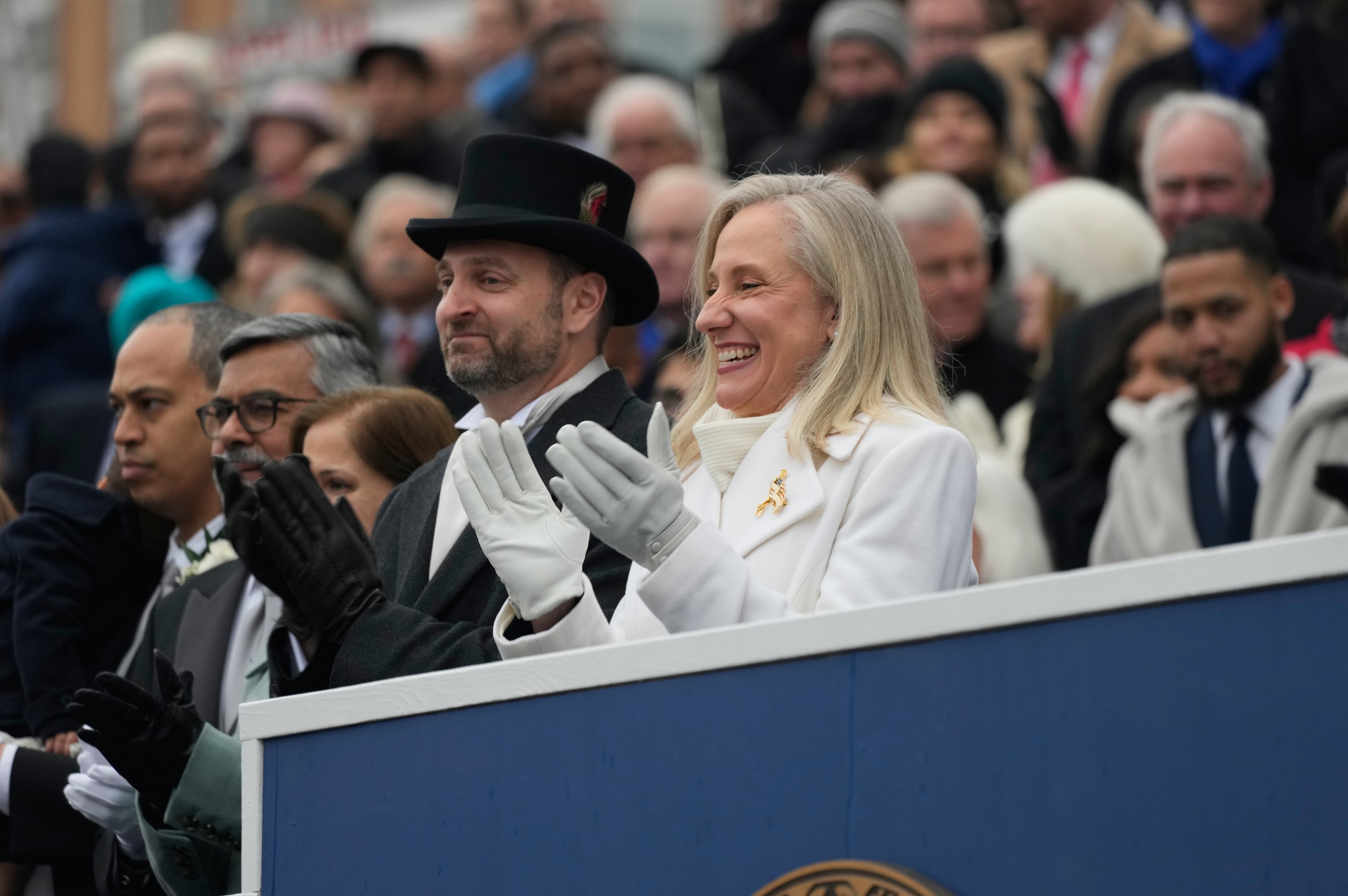When Rosalynn Carter tapped Gerald Ford’s daughter to serve on mental health advisory board

In one of my first meetings on the Rosalynn Carter Mental Health Journalism Advisory Board at the Carter Center in Atlanta more than a decade ago, I sat next to a striking woman who looked familiar – familiar in a famous way. I introduced myself.
As I took my seat next to her for the upcoming board meeting, she responded nicely with her full name, which I didn’t catch. I heard Susan, but the next two words, each one syllable, were indecipherable in the hubbub around us. I looked for her name tag to no avail.
I let time pass and asked where she was from; Washington, she said. She was very cordial, so I pushed a bit. Washington…state or D.C.? D.C., she said.
Just then, Rosalynn Carter called the meeting to order. She welcomed special guests and said she wanted to introduce a friend she’d personally asked to join our board. Her remarks, soft as cotton, detoured into her husband Jimmy’s 1976 campaign for President, and she mentioned how Jimmy so admired Gerald Ford even though they had been rivals for the presidency.
As she herself became first lady, she told us, she grew to know and admire Betty Ford. Over time their common interest in mental illness, mental health and addictions became a serious theme and bond for them.
When Betty Ford died, Mrs. Carter said (or something like this), “I so despaired over losing this dear friend and losing our family’s enjoyable visits with the Ford children and family that I have asked Susan here” — she extended her open hand toward the woman next to me, Susan Ford Bales, daughter of Gerald and Betty Ford — “to join our advisory board. Putting her on the board means I can see and be with Susan, and the memory of Betty, at least twice a year.”
Particularly against the political clamor and meanness across the land even then, this was as heartwarming a moment as I’ve ever witnessed firsthand.
- Hank Klibanoff is a former managing editor of The Atlanta Journal-Constitution. He is a Pulitzer Prize and Peabody Award winner. He teaches journalism at Emory University.


